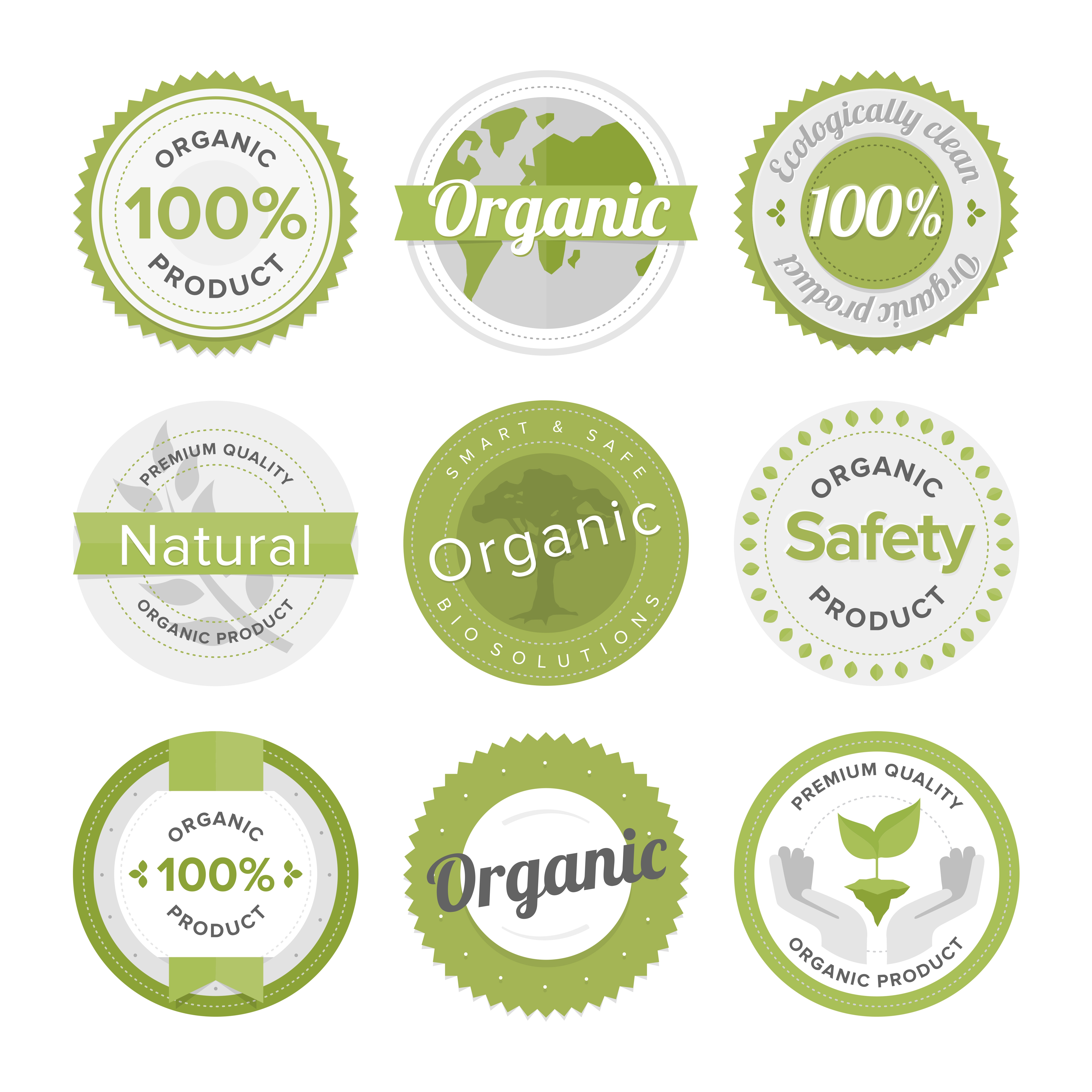The Natural & Organics Show (NOPEX) will be taking centre stage once more at…

Certification: What Does It Tell the Consumer?
Certification in the food industry is becoming increasingly popular, as not only does it benefit businesses but also the consumer as well. For this reason, certifications are important for many businesses, especially those selling or handling food – and the realisation of this importance isn’t new.
In 2014, Barbara Crowther of the Fairtrade Foundation said that 76% of people believe that independent, third-party certification is the best method to verify the social and environmental claims of a product.
Why Are Certifications Important?
Certifications can help businesses produce safer, quality food that meets specific requirements in a consistent manner. Also, they help consumers have a deeper understanding of what the supply chain is, the ingredients that go into their food and the way that food is prepared. For example, a vegan label immediately tells the customer that no animal ingredients of any kind have been used in that specific food.
This importance is clearer nowadays, as people are more conscious of what they eat and how the food industry works.

What do Certifications Tell the Consumer?
By adding certification labels to your products you can enhance their credibility in the market. After all, certifications boost consumers’ trust, even though expectations vary from country to country. The assurance of quality that comes with certifications is invaluable, then, because customers believe that specific standards have been met due to an outside organisation’s oversight – and that the processes have been audited or undergone a testing procedure.
With today’s centre of attention on protecting the environment, having actual proof of sustainability or specific methods of preparing food can increase the trust your customers have in you.
Do Certified Labels Mean Anything?
While most consumers like certified labels and feel that they can trust products better that way, others still wonder if these certifications actually mean anything. Each certification and symbol has its own meaning – but this isn’t the only issue. Different Kosher certification agencies, for instance, follow different standards, meaning that some are stricter and more reliable than others.
So while labels are important to inform consumers of the ingredients and ways the food is prepared, you need to choose the right certification for you, the one that meets your exact needs.
Certifications tell customers everything they need to know about the food they’re consuming, which is part of the reason why they’re so important. They also help you gain and grow the trust of your target audience, so it’s vital that you choose the certification that will best suit your business.




